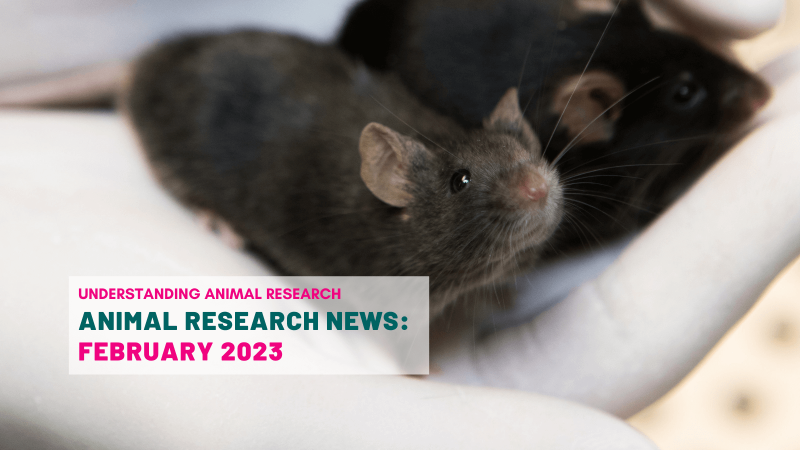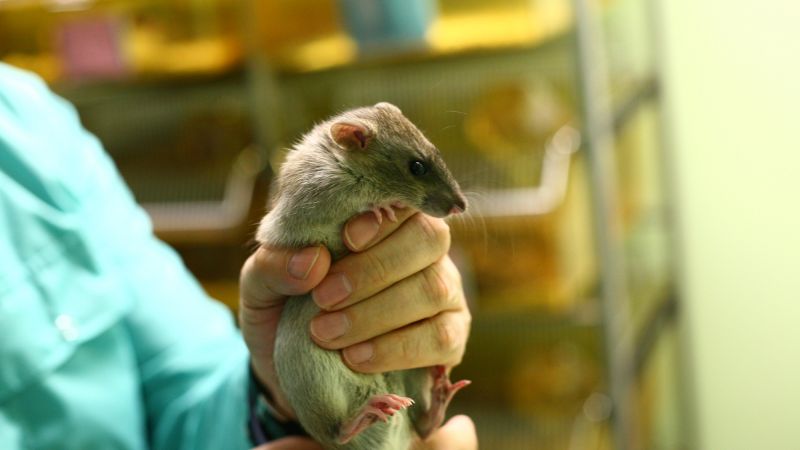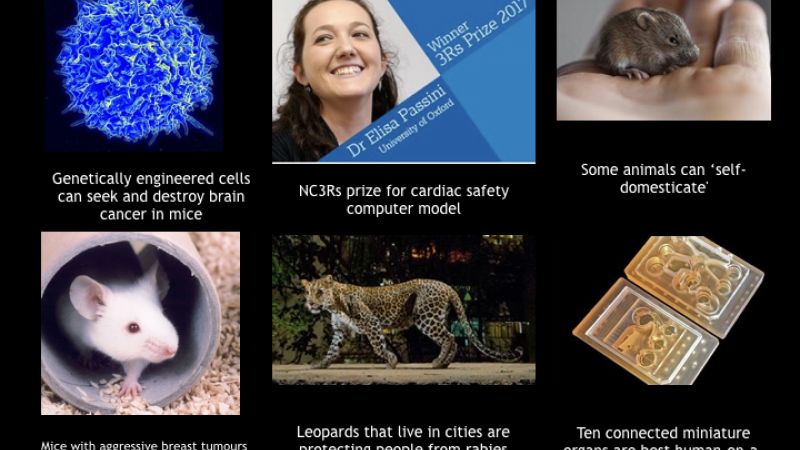Understanding Animal Research welcomes the report published this week by the House of Lords EU Committee. The Committee carried out an enquiry into proposals to revise EU Directive 86/609 on the protection of animals used in experiments.
The Lords certainly appear to have taken a balanced approach. They endorsed some policy measures which were clearly not supported by the research community, but did not go as far as many animal protection organisations would have liked.
If the recommendations of the Lords were reflected in the Directive, we would see:
- The inclusion of adult forms of cephalopods, but the exclusion of decapods.
- A restriction equivalent to that of the UK that 'any procedure likely to cause severe pain or distress that cannot be alleviated' will not be licensed.
- Allowing re-use in similar circumstances as currently in the UK.
- An extended timescale for implementation of mandatory cage sizes for the academic and animal breeding sector, with the re-incorporation of the explanatory text which accompanied the original standards.
- A system of national centres for the three Rs, along the lines of the UK's National Centre for the 3Rs.
- Restricting the use of non-human primates to 'life-threatening or debilitating clinical conditions'.
- A review of the feasibility of time limits for a restriction on the use of non-human primates (NHPs) to F2 animals.
- Mutual acceptance between member states of data from tests required under Community legislation.
- Full authorisation of all procedures, with specified time limits for the process, including ethical evaluation.
- Effective national inspection arrangements, including a minimum frequency which ensures that all relevant sites visited at least once a year.
We would welcome the majority of these recommendations.
It is true that the scientific community has expressed concerns about the proposed restriction on the use of NHPs to life-threatening and debilitating conditions. This is because the objective of the Directive should be to improve animal welfare. The rationale for restricting particular topics of research, irrespective of any harms to animals, is therefore unclear. Moreover, this EU Commission proposal was not subject to public consultation or impact assessment, and lacks legitimacy. It was soundly rejected by the European Parliament.
Nonetheless, we understand that the Commission does not intend to restrict any type of research which is currently carried out on NHPs across Europe. If this measure is implemented, it must not amount to an invitation for animal rights groups to mount constant legal challenges. We share the stated objective of the Lords to have clarity about what is included in this definition.
For the UK, it seems likely that implementation of this new Directive will be relatively straightforward, since many of the measures required are already in place. However, we remain concerned about the total regulatory burden across Europe. For whatever reason, the Commission has made no reference to its own better regulation initiatives in any part of this Directive.
By comparison, the Commission recently acknowledged 'a widespread criticism that the Clinical Trials Directive has led to a significant decline of the attractiveness of patient-oriented research and related studies in the EU, which greatly reduces competitiveness in Europe in the field of clinical research thus having a negative impact on the development of new and innovative treatments and medicines'. This problem has been largely attributed to 'increases in bureaucracy and costs'.
Some of the measures in the Directive have been in response to strong lobbying from animal protection organisations. We hope the Commission will recognise that there is little point in new restrictions and bureaucratic measures unrelated to animal welfare which simply drive up costs and push research out of Europe.
See related pages: Bioscience sector response to House of Lords EU Committee and our Briefing on non-human primates
Last edited: 27 October 2022 18:25



